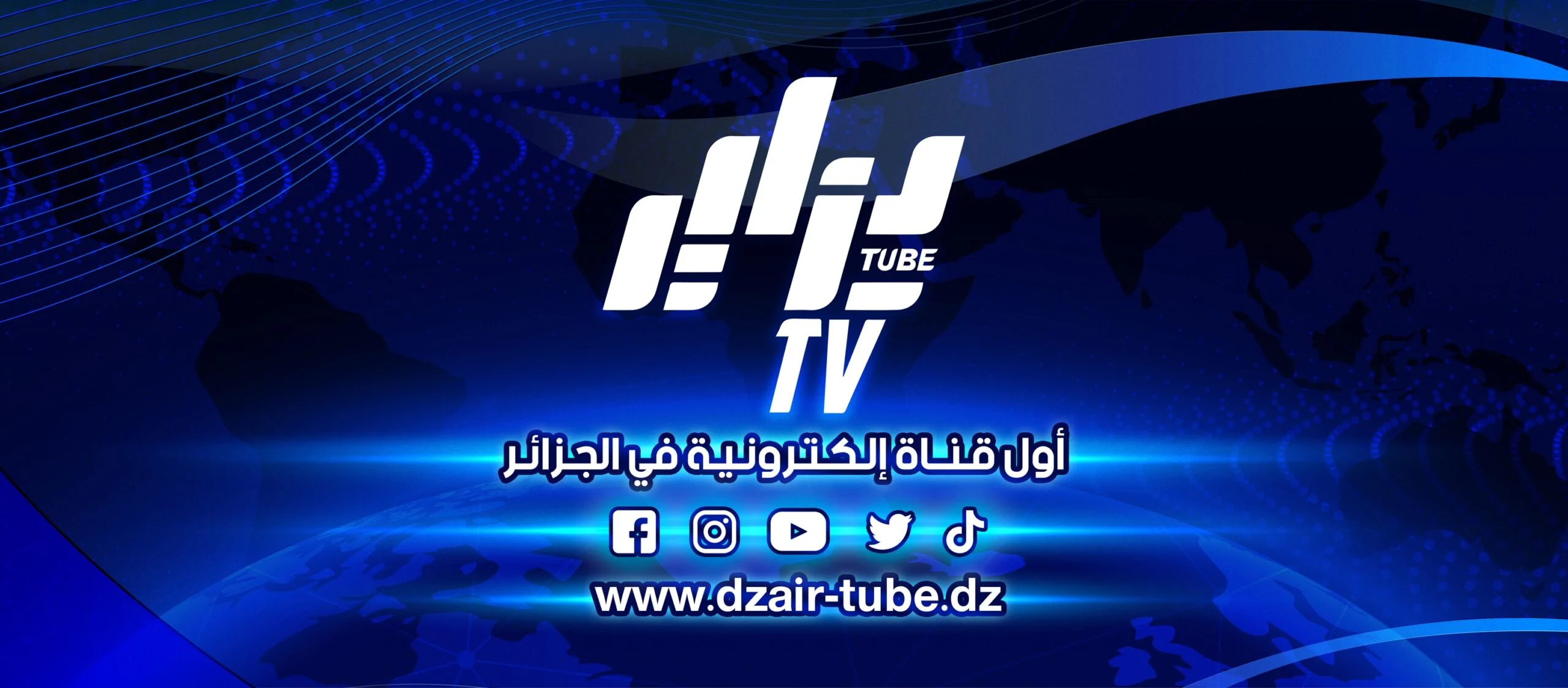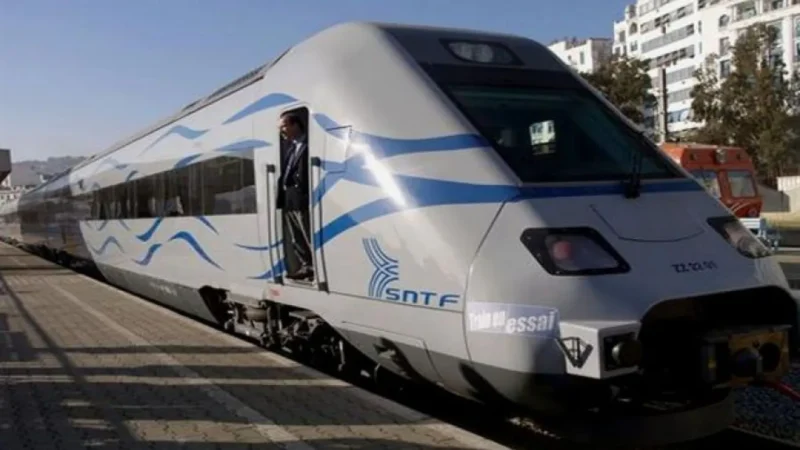Zionist Media Hails Morocco as a “Paradise” While Palestinians Bleed
✍️ BY: Dr. Hana Saada
Algiers, Algeria | In a stark illustration of shifting allegiances and the erosion of historic solidarity with the Palestinian cause, Morocco has rapidly transformed into what Zionist media unabashedly describe as a “paradise” for Zionists. A recent report by the Hebrew-language channel i24 News reveals the growing normalization of Zionist presence in the Kingdom—portraying Morocco not only as a destination of nostalgic return for Moroccan-born Jews, but as a welcoming haven for those affiliated with a regime entrenched in occupation and apartheid.
Disguised under the euphemisms of “heritage revival” and “dual identity,” the documentary whitewashes the broader political reality: the Kingdom’s accelerating embrace of Zionist individuals and institutions comes amidst one of the most brutal military campaigns ever unleashed on Gaza. While Palestinian children are buried under rubble, Moroccan streets—historically alive with pro-Palestinian sentiment—are now paraded in Zionist media as socially “flexible” and commercially hospitable to citizens of a state universally condemned for ethnic cleansing and colonial expansion.
One of the report’s main narratives revolves around Moroccan-born Zionists returning to “rediscover” their heritage. Yet, the sentiment of nostalgia is hollow when filtered through a lens of complicity. Individuals like Shlomo—raised between Marrakesh and the Zionist settlement of Dimona—speak of longing for their roots, while seamlessly omitting the colonial violence his second home perpetuates. His lament over not learning Moroccan history in Zionist schools is striking, considering that the same system actively erases Palestinian memory and criminalizes remembrance.
The report spotlights Zionist women of Moroccan origin, such as Einat Levi, who claim to have easily integrated into Moroccan society, particularly the economic sphere. Her story is presented as an empowering tale of gender parity—conveniently detached from the deeply political implications of her presence as a settler-turned-expat enjoying symbolic elevation by the Moroccan regime.
Perhaps most egregious is the Moroccan state’s deliberate role in sanitizing this normalization. The regime’s investment in preserving “Jewish Moroccan heritage” is cloaked as pluralism, but it serves a more calculated purpose: to recast Morocco as a “model for coexistence” palatable to Western narratives and strategic partnerships. Training local guides on Jewish history, reopening closed heritage sites, and parading religious harmony while Palestinians endure siege and starvation is not reconciliation—it is revisionism.
Even the testimonies of dual-identity individuals in the documentary betray the discomfort beneath the facade. When Zionist-Moroccan Kobi Efrah speaks of cheering both the Zionist entity and Morocco during a football match, he unwittingly reveals the schizophrenia of moral allegiance: celebrating a flag that bombs Gaza while claiming cultural kinship with a land that once stood for resistance.
Meanwhile, participants in the report voice unease over Moroccan protests against Zionist aggression. Though reassured by familial ties, they acknowledge a discomforting reality: their identity as “Zionist Jews” places them under scrutiny in a country that still—despite its government’s betrayal—harbors a population unwilling to forget Palestine.
Morocco’s normalization with the Zionist entity is not a cultural renaissance. It is a moral rupture. It is the institutional betrayal of a legacy once rooted in anti-colonial struggle—repackaged now as hospitality, economic pragmatism, and “open-mindedness.”
No amount of heritage tourism can wash away the complicity. And no invocation of shared history can justify standing on the wrong side of justice.
History will remember not the silence of Morocco’s streets, but the echoes of its betrayal.

📡🌍 | About Dzair Tube Media Group | 🌍📡
━━━━━━━━━━━━━━━━━━━━━━━━━━━━━━━
📰 Dzair Tube is a trailblazer in Algerian digital journalism, delivering high-quality content in Arabic, French, and English. With more than 📈 500,000 daily clicks, it ranks among the most influential media platforms in the country.
🏆 Awarded the President of the Republic’s Prize for Professional Journalist in the Electronic Press category (🗓 October 22, 2022), Dzair Tube is widely recognized for its editorial excellence and integrity.
📱 Massive Digital Reach:
🔴 350,000+ YouTube subscribers
🔵 6 million+ followers across Facebook pages
📸 450,000+ Instagram followers
🎥 Operating from state-of-the-art studios, Dzair Tube broadcasts rich and diverse programming, including:
🗞 News | ⚽ Sports | 🎭 Entertainment | 🕌 Religion | 🎨 Culture
🗣️ Featuring interactive talk shows and exclusive interviews with prominent figures from politics, business, arts, and more, Dzair Tube serves as a key platform for public discourse and civic engagement.
📰 Its print sports daily, “Dzair Sport,” enjoys over 50,000 daily downloads via the official website—further cementing the platform’s multimedia leadership.
🎖️ Honored with the Media Leadership Award by the former Minister of Communication, Mohamed Laâgab, and celebrated at the Hilals of the Television awards, Dzair Tube continues to lead with innovation, influence, and impact.
━━━━━━━━━━━━━━━━━━━━━━━━━━━━━━━
🌐 Stay Connected:
🔗 Website: www.dzair-tube.dz
🔗 English: www.dzair-tube.dz/en
📲 Follow us on Facebook | Instagram | YouTube
━━━━━━━━━━━━━━━━━━━━━━━━━━━━━━━




